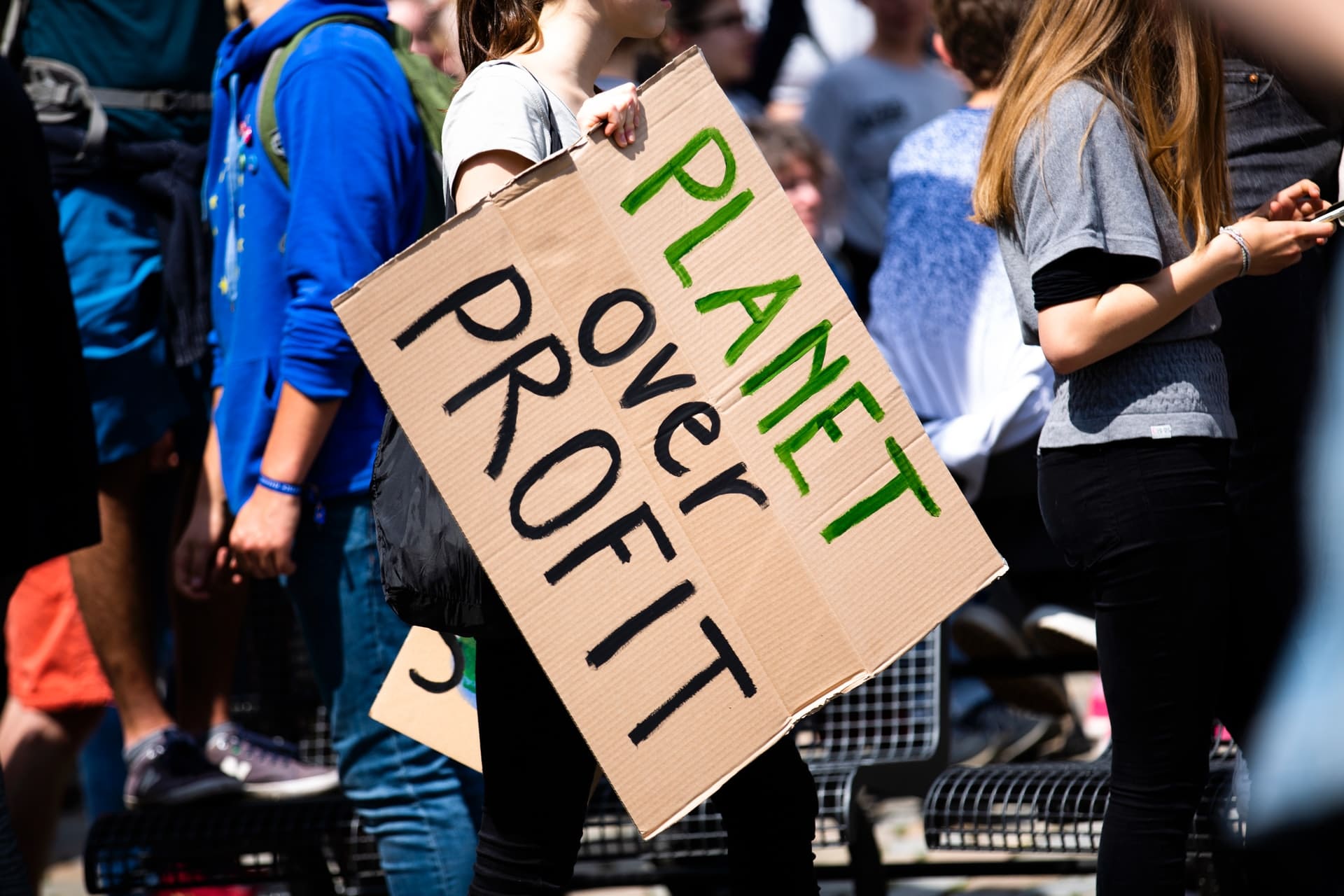Green Policies Need of the Hour
Due to COVID-19 induced lockdowns worldwide, the use of fossil fuel fell dramatically. There was noticeable reduction in pollution as manufacturing and transportation ground to a near-halt. While this has had adverse economic impacts, the environment has, meanwhile, benefitted immensely.
Air pollution levels registered significant declines across Europe, and although COVID-19 has proven lethal, it is important to note that pollutants alone claim almost half a million lives annually in Europe.
Horasis is playing an integral part in this sphere by organizing the ‘Horasis Extraordinary Meeting’ – a virtual event scheduled for 1 October 2020. Renewable energy initiatives will be discussed, implementation timelines will be highlighted, and the success of existing ventures will be examined.
The Green Deal
The EU initiated the Green Deal campaign in December 2019 to combat climate change. Its core objective is to ensure a more sustainable economy that can turn current climate change challenges into opportunities. In doing so, it seeks to allow more participation based on fair principles. The Green Deal could not have come at a better time, as the global lockdowns have now shown us the drastic positive impacts on the environment when human economic activity falls.
Leveraging on alternative or renewable forms of energy is encouraged with a clear focus on phasing out fossil fuel use on the production side. On the consumption side, the Green Deal outlines the circular economy, where it illustrates that products sold in the EU will be designed to last longer, will be easier to repair and upgrade, and also allow for easy recycling. The latter is especially necessary when taking into account that one of the fastest growing waste segments is electronic waste. In keeping with the circular economy pursuit, waste that is seemingly a challenge can well be turned into an opportunity by way of recycling facilities.
The Case of China
Economic growth is necessary to raise the socio-economic standing of billions around the world. But with increasing economic growth, pollution is a complementary facet. The production of any commodity or service demands energy consumption, and in emerging economies particularly, coal still features prominently. In China, for example, coal accounted for 59 percent of total energy use in 2018. Since 2011, the country has used more coal than the rest of the world put together.
China’s policymakers, however, have enacted policies to incorporate greater use of renewable sources. It has made dramatic strides in wind energy and hydroelectricity production. China’s investments in renewables ballooned from $53.3 billion in 2013 to $125 billion in 2018, making it the largest investor in clean energy and shows its commitment to reduce its carbon footprint.
The focus on renewable energy production must remain among the mainstays for policymakers worldwide. Much as economic growth must continue to fire on all cylinders, the process will have to be sustainable and conform to circular economy guidelines.
Gains for Emerging Markets
In a positive turn of events, the renewable energy space is witnessing sizeable growth in several emerging economies. The Indian government has undertaken development of large-scale renewable energy projects. Besides its less harmful impact on the environment, renewable energy production can generate higher value rural employment. India’s Ministry of New and Renewable Energy has outlined ambitious targets to commission renewable energy plants that can generate 175 GW by 2022, with solar accounting for the largest share. By 2040, it is expected that almost 49 percent of all electricity generated in India will be derived from renewable energy sources.
In Brazil’s case, it has actively advocated renewable energy use. Chief among Brazil’s renewable energy sources are sugarcane and its derivatives, hydroelectricity, solar, wind, and biomass. Likewise, Cambodia in Southeast Asia has the bulk of its renewable energy efforts directed towards hydroelectricity production. In fact, it aims to be the ‘battery’ of the region by exporting hydroelectric power to its neighboring countries.
There is growing environmental awareness about the ill effects of burning fossil fuels for energy production. As much as it will bode well for lower carbon emissions, renewable energy production can also serve as a key employment generator. Governments in emerging economies must continue to prioritize on renewable energy production and especially so when large subsets of their citizens are often unable to access energy for household consumption. Just as technology allowed emerging economies to leapfrog their advanced economy compatriots in several spheres, renewable energy holds potential to facilitate a similar leap in preserving the environment.



